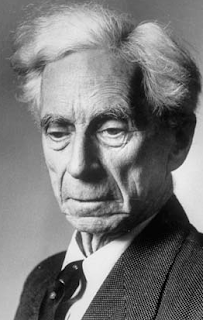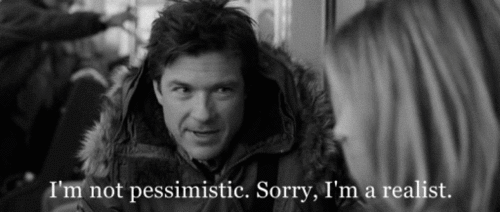
more Far Side
A collaborative search for wisdom, at Middle Tennessee State University and beyond... "The pluralistic form takes for me a stronger hold on reality than any other philosophy I know of, being essentially a social philosophy, a philosophy of 'co'"-William James

 The Harlem Renaissance is considered one of the most important eras in African American history. This renaissance is complied of many pieces of writing, art, music, and social movements mainly in the Harlem, New York area during the 1920s. Also known as the “Negro Movement”, the Harlem Renaissance is deemed important because this was a time that black Americans were showing pride in blackness and were seeking better lives for themselves. While there were a vast amount of factories and industrialization growing in the north, a mass amount of black people were moving there. Not only because of the fast growth, but people were also getting fed up with the south and living the same agricultural life that their ancestors had. The artwork during this time also represented the desperate need to want to find job opportunities and the motivation that people began to feel.
The Harlem Renaissance is considered one of the most important eras in African American history. This renaissance is complied of many pieces of writing, art, music, and social movements mainly in the Harlem, New York area during the 1920s. Also known as the “Negro Movement”, the Harlem Renaissance is deemed important because this was a time that black Americans were showing pride in blackness and were seeking better lives for themselves. While there were a vast amount of factories and industrialization growing in the north, a mass amount of black people were moving there. Not only because of the fast growth, but people were also getting fed up with the south and living the same agricultural life that their ancestors had. The artwork during this time also represented the desperate need to want to find job opportunities and the motivation that people began to feel. Because of his contributions to this time, Alain Locke is considered the “Father of the Harlem Renaissance” for of his stress of social issues, the importance of knowing your culture and embracing diversity. Some of Locke’s other works include Harlem: Mecca of the New Negro in 1925, A Decade of Negro Self-Expression in 1928 and When Peoples Meet: A Study of Race and Culture Contacts published in 1942.
Because of his contributions to this time, Alain Locke is considered the “Father of the Harlem Renaissance” for of his stress of social issues, the importance of knowing your culture and embracing diversity. Some of Locke’s other works include Harlem: Mecca of the New Negro in 1925, A Decade of Negro Self-Expression in 1928 and When Peoples Meet: A Study of Race and Culture Contacts published in 1942.  Bertrand Russell stated that he did not understand how people could believe in Hell, a place of dread and despair, and be accepted into Heaven. Which I hope I understood that correctly. I do understand, it goes into account that the job or role of a Christian is to lead people to Christ not judge them or decide what path they will go down. That is how I've always took that concept, because it is concerning to believe in both. But to believe in God you have to believe in Judas, they are two side of the same coin, and there can not be one without the other. The souls that do not go to Heaven fell into the arms of Judas and did not accept Jesus into their hearts. Which does make me feel guilty, but I have to remind myself, that decision is not mine to make it is the other person's. I do find comfort in being with my family one day when we all pass. I do not know of someone who would not. People need to have some short of faith that they believe in, it does not need to be Christianity, but something to bring them hope in life or something to turn to in the good and bad times during their lifetime.
Bertrand Russell stated that he did not understand how people could believe in Hell, a place of dread and despair, and be accepted into Heaven. Which I hope I understood that correctly. I do understand, it goes into account that the job or role of a Christian is to lead people to Christ not judge them or decide what path they will go down. That is how I've always took that concept, because it is concerning to believe in both. But to believe in God you have to believe in Judas, they are two side of the same coin, and there can not be one without the other. The souls that do not go to Heaven fell into the arms of Judas and did not accept Jesus into their hearts. Which does make me feel guilty, but I have to remind myself, that decision is not mine to make it is the other person's. I do find comfort in being with my family one day when we all pass. I do not know of someone who would not. People need to have some short of faith that they believe in, it does not need to be Christianity, but something to bring them hope in life or something to turn to in the good and bad times during their lifetime.


